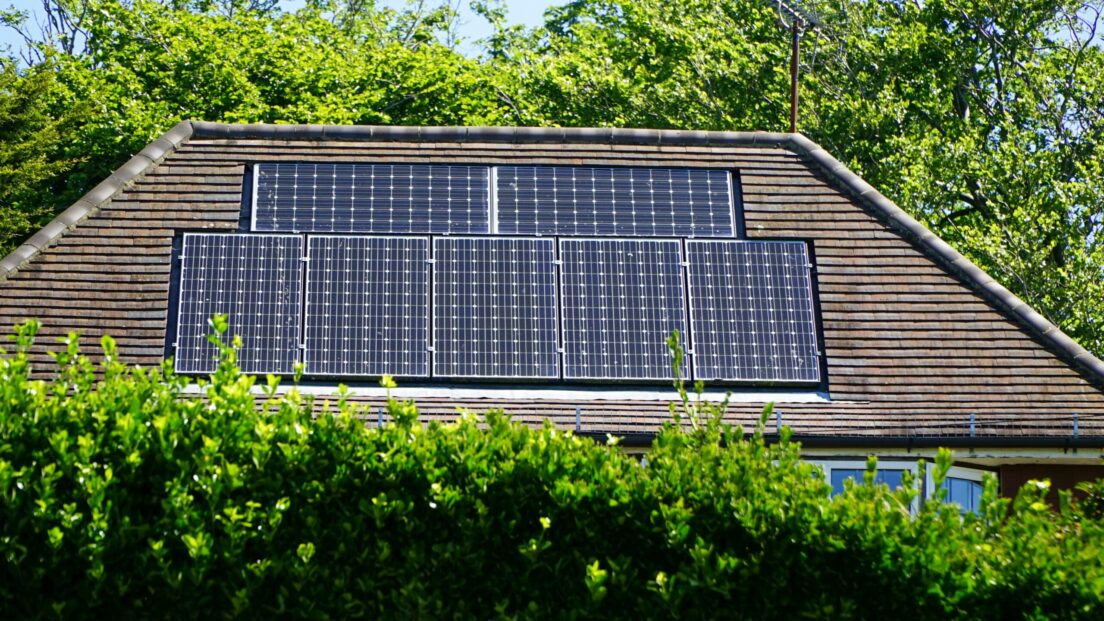More and more households are storing electricity

The demand for electricity storage systems in private households is increasing rapidly. But what advantages do battery storage systems really offer and when does the investment pay off? A powerful and forward-looking look at developments in the property and site development sector.
The demand for electricity storage systems in Germany and Switzerland is growing rapidly. More and more households with photovoltaic systems are opting for battery storage systems to store surplus energy. According to the German Solar Industry Association, around 580,000 new home storage systems were installed in 2024, bringing the total number to around 1.8 million.
One of the main reasons for this development is the ability to use self-generated solar power more efficiently. Without storage, only around 20 % of the electricity generated is consumed directly. With a battery storage system, self-consumption increases to up to 80 %, which reduces electricity costs in the long term.
Economic and technical aspects
The cost of battery storage systems has fallen by 75 % in the last ten years. A typical system with a capacity of 10 kWh costs between 7,000 and 12,000 euros. The cost-effectiveness depends on the size of the solar system, the self-consumption rate and the electricity prices. Subsidy programmes can also make the investment more attractive.
A storage system usually amortises after 10 to 15 years. Modern lithium-ion batteries last around 15 to 20 years, which justifies the investment in the long term.
Benefits for electromobility and the energy system
Battery storage systems also support electromobility. Electric car owners can charge their vehicles with their own solar power, which is particularly beneficial at night. This flexibility helps to stabilise the electricity grid and promotes the integration of renewable energies.
Large energy suppliers recognise the potential of home storage systems to ensure security of supply and stabilise energy prices. In the long term, they could also be used to support the grid in order to reduce grid costs.
Continuous increase in electricity storage
In Switzerland, the number of households with electricity storage systems is rising steadily. At the end of 2023, the installed storage capacity was 607,000 kWh, which is enough to supply 65,000 households with electricity for a day. The desire for increased self-sufficiency is driving this development.
An investment in the future
Battery storage systems offer numerous advantages for households and the entire energy system. They increase self-consumption of solar power, reduce electricity costs and support electromobility. With falling prices and increasing subsidies, investing in a battery storage system is becoming more and more attractive.